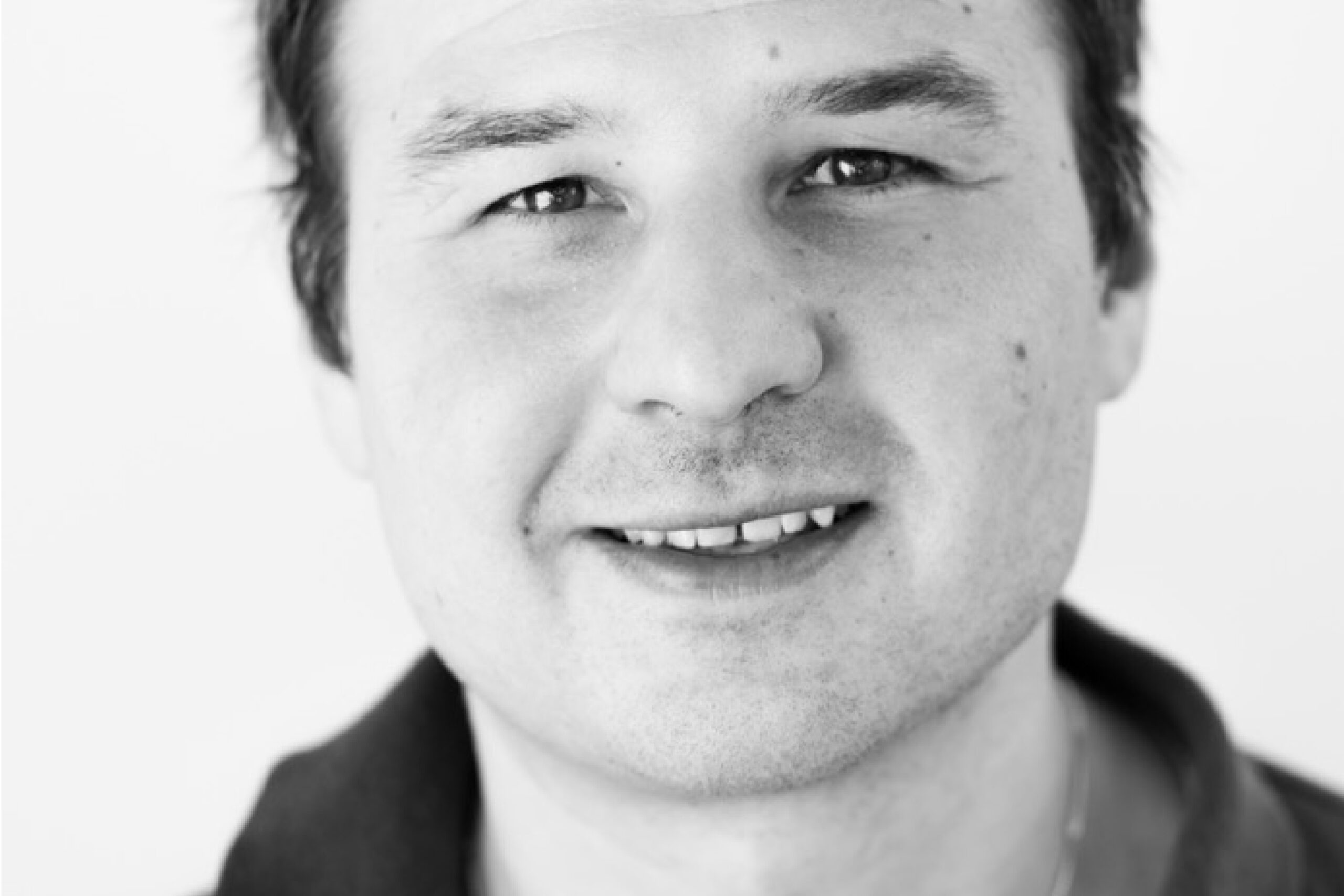Per-Olof Syrén awarded for unique approach
Per-Olof Syrén (SciLifeLab/KTH) is awarded The Gunnar Sundblad Research Foundation’s Skills Development Prize of 2019, to highlight his unique approach of producing bio‐based polymers.
The new field of research Per-Olof Syrén has introduced is called polymer retrobiosynthesis. This approach builds on synthetic biology, chemical retrosynthesis and polymer chemistry to enable efficient upgrading of renewable building blocks into advanced bio-based materials. The method has the potential to replace many of today’s fossil based processes and products with more environmentally friendly alternatives. This research is now awarded a competence development prize at a sum of 500 000 SEK that aims to promote future innovations that could benefit Swedish forest industries. The prize will be given to Per-Olof Syrén by His Majesty King Carl XVI Gustaf of Sweden on April 10.
“I will use the prize sum of 500 000 kronor on competence development, network building and research stays within Swedish forest industry and leading academic and industrial environments in Germany and USA. My goal is to establish polymer retrobiosynthesis as a new and transboundary research field within material science and biotechnology in Sweden”, says Per-Olof Syrén.
The research group’s first paper using the approach was recently published in the young researcher’s special issue of ChemBioChem, an issue promoting emerging future research leaders within chemical biology.
“In this paper we demonstrate for the first time that polymer retrobiosynthesis can be applied to find possible forest-based replacements for caprolactone and its polyesters, which are platform chemicals that come from oil. Designing artificial biochemical pathways that can valorize renewable and underexplored molecules into added-value bio-based polymers is an exciting possibility to make better use of Nature’s building blocks. This is an important research area as currently only one percent of all 300 megaton per year synthetic man-made materials come from renewable resources ”, says Per-Olof Syrén.





